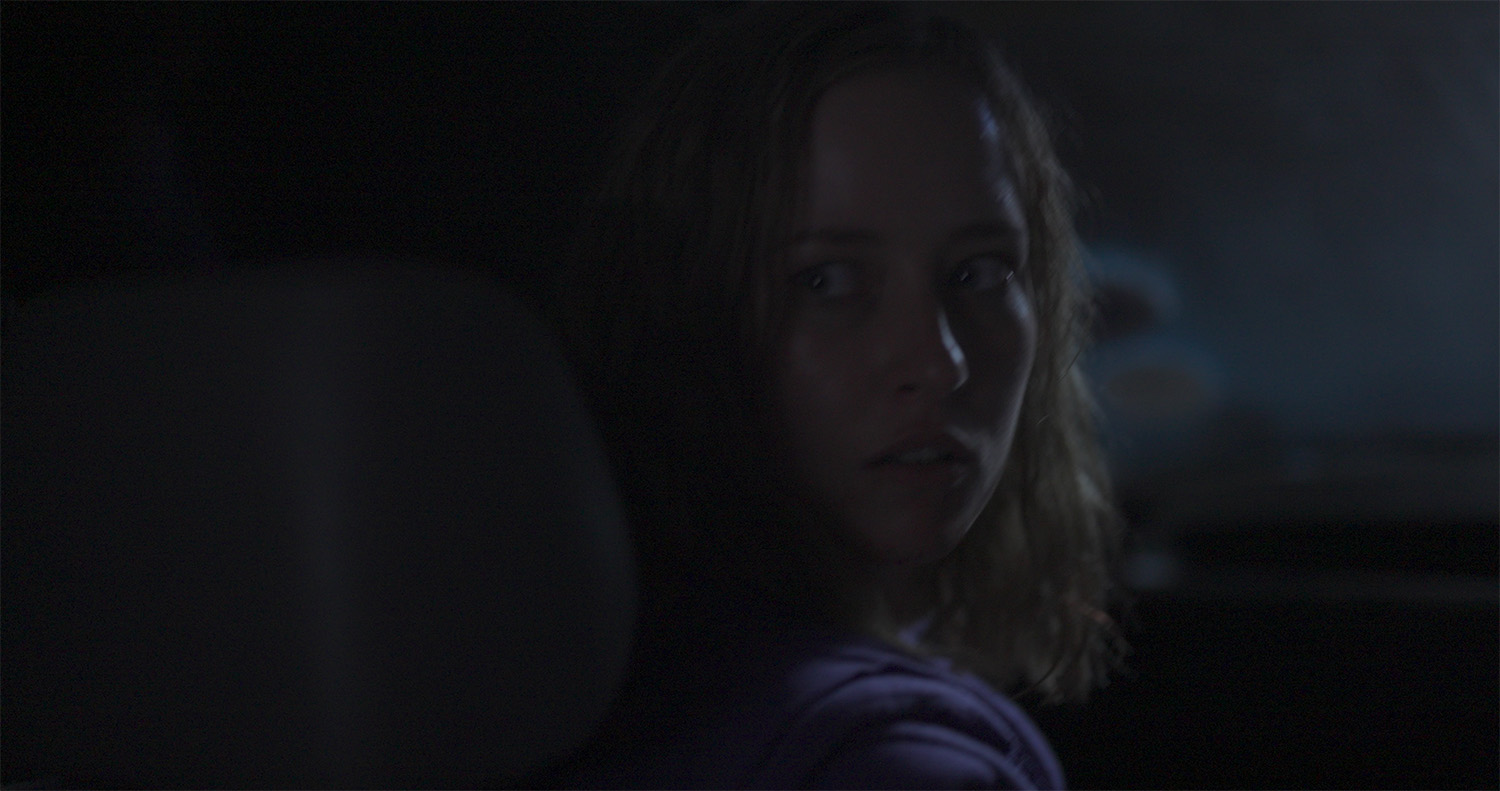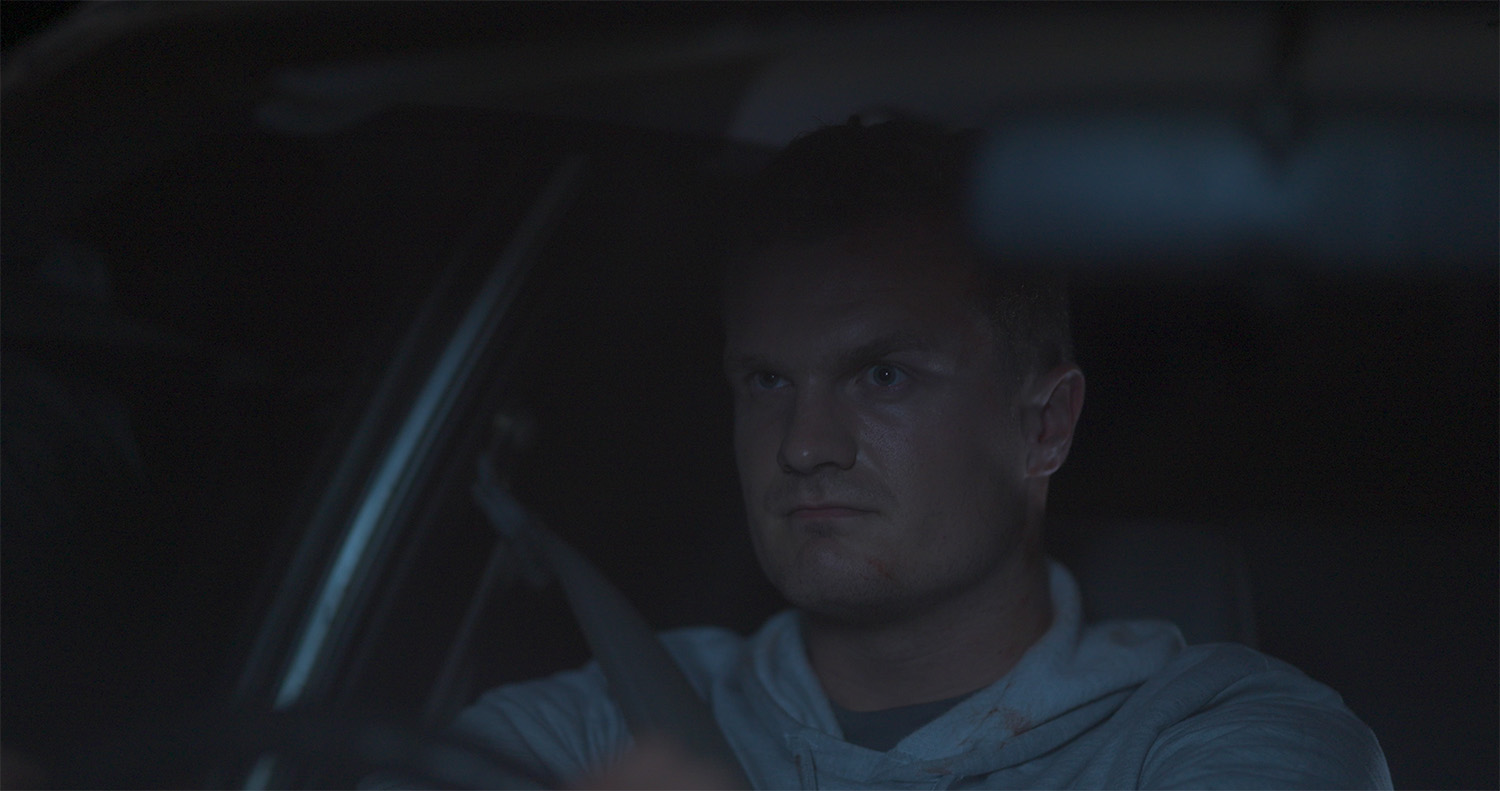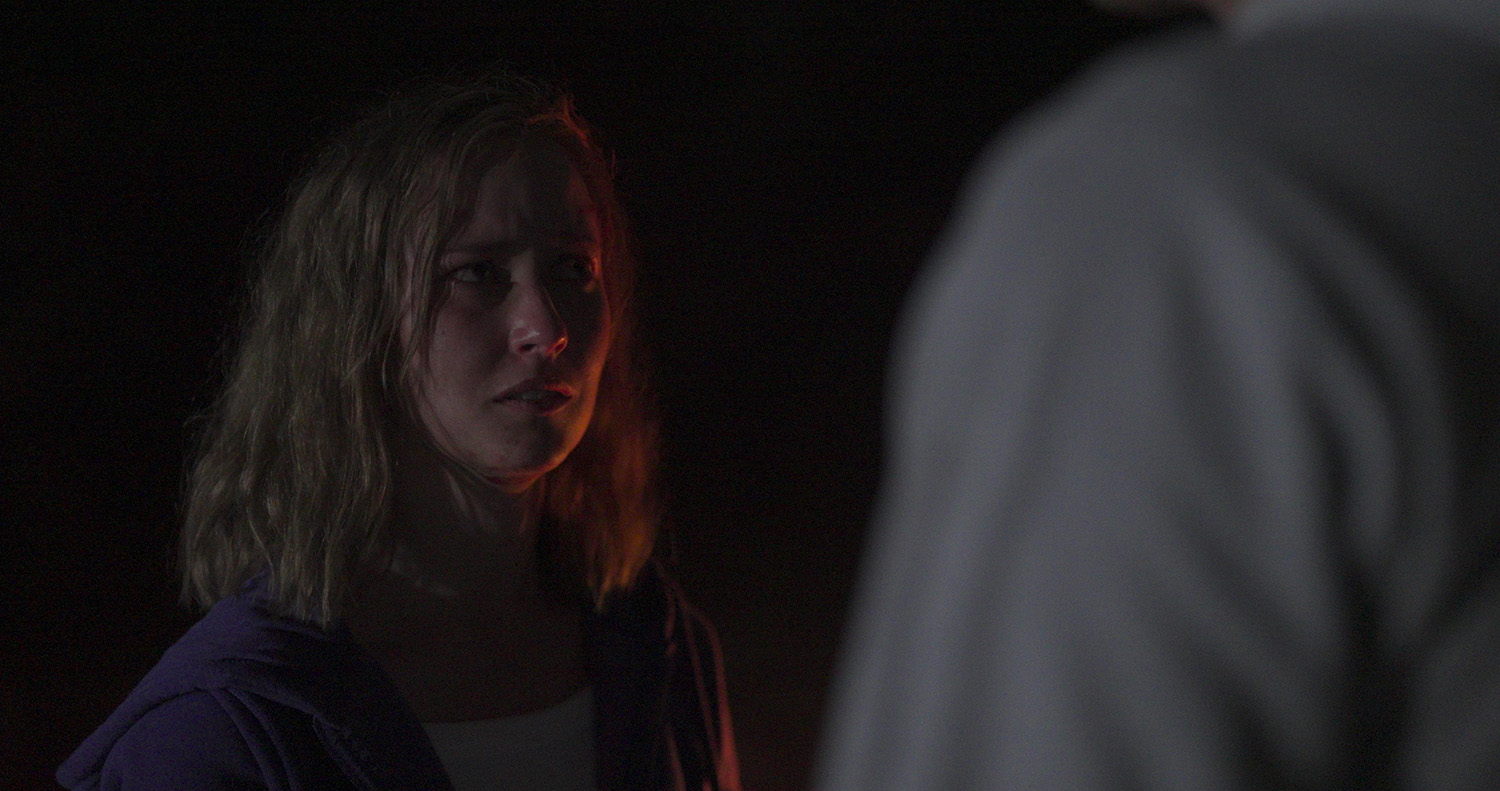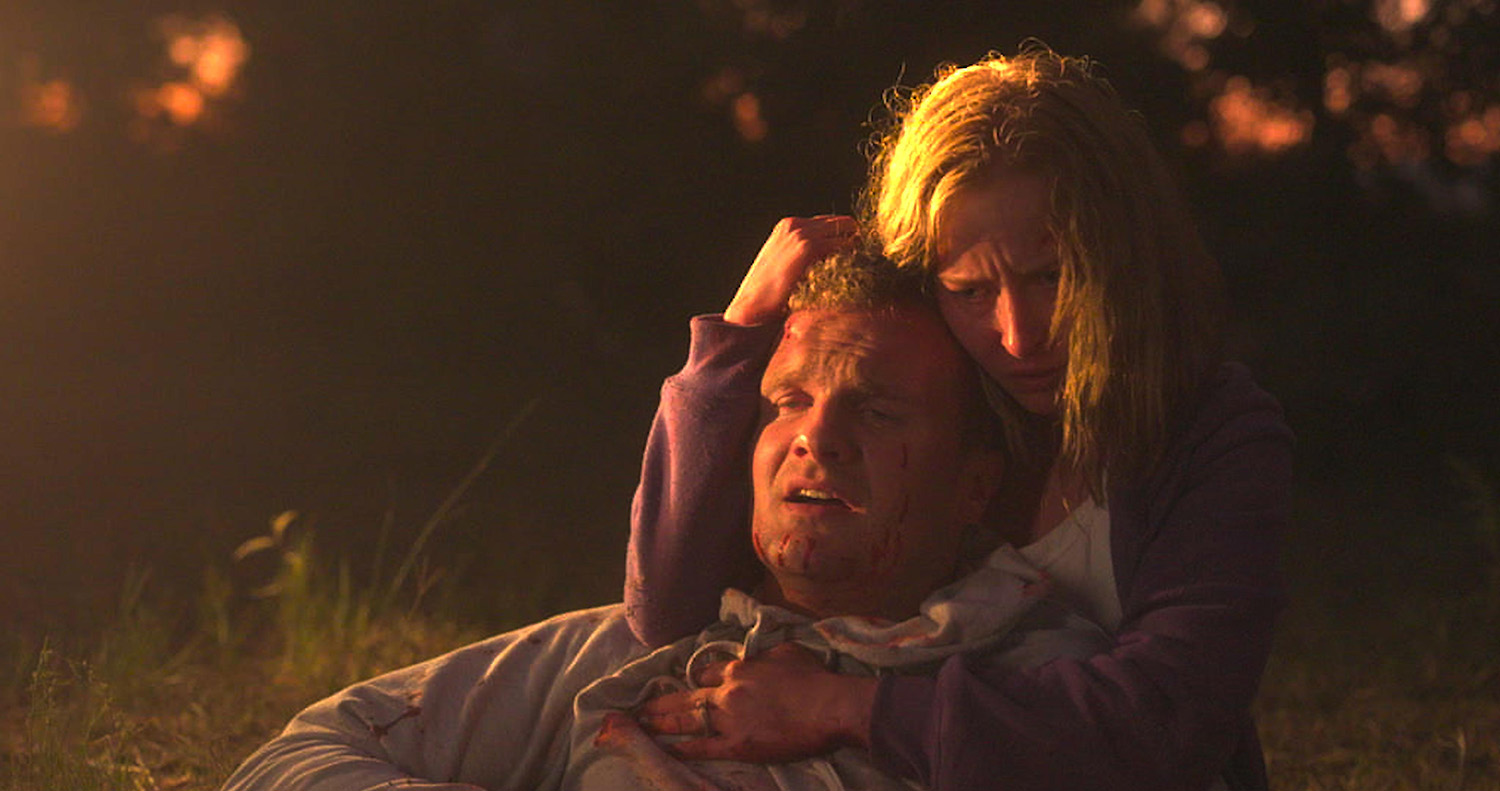



Emerging filmmakers: Ons
The short film Ons, presented in the Silwerskerm Festival’s Emerging Filmmakers category, features a married couple whose relationship changes irrevocably in the course of one night. A series of revelations and a fatal incident place Liezl (Izel Bezuidenhout) and Dirk (Jacques Adriaanse) on a stormy emotional road of betrayal, disputes and twists as they become entangled in the web of the dark night.
Christopher van der Westhuizen, the director and co-screenwriter, talks about this nerve-racking howdunnit/whodunnit drama.
The title Ons seems self-explanatory, but as the story progresses, it addresses several complexities. How did you decide on the title?
I believe that titles only come forward later when one really understands the story. The process of the Silwerskerm Festival allows for submissions that are not fully written, and we waited until the text was almost finished before we decided on a final title.
We chose an open-ended title, strong and powerful, but also applicable to everybody. The relationship of the two characters is the most obvious reference, but there is also a hidden element in the storyline.
The title also accentuates one of the story’s themes: the idea that there is no ‘I’ without ‘us’. Life becomes meaningful through the relationships we have with others.
There weighs a heavy responsibility on the two lead actors to ensure the storyline comes across as credible. How did you approach the casting?
The actors are brilliant. Because Izel Bezuidenhout and I collaborated on the writing, and since we are both actors and we have known each other for more than ten years already, it helped us to create a realistic text. We wrote it for actors to perform, not merely to be read.
We didn’t write with anyone specific in mind. We wrote what we would enjoy performing. It was a text for the actors, not for the camera or fancy effects. We wanted to focus on the acting as much as possible, that’s why we allocated half an hour to each candidate during auditions, so we could work and experiment with them thoroughly.
Izel also auditioned.
Are there any movies or filmmakers who inspired your work on Ons?
I admire the work of David Fincher (Fight Club, Gone Girl) a lot, and I am particularly attracted to how sharp and justified each moment in his work is. I also like the more natural, documentary style of the Mumblecore movement – a subgenre of independent films mainly characterised by small budgets, as well as improvised or minimal dialogue. Now that is a true medium for actors!
Ons is not a major action thriller such as the films David Fincher is known for. We combined this with the look of Greta Gerwig’s Lady Bird. The intimacy and close relationship between mother and daughter in her movie felt appropriate for ours. It is an innovative mixture of visual and story elements.
This also suited our small budget, of course, and was one of the impetuses for the look of our film.
For the bigger part, the film is set at night. Was it challenging to film at night, and how did you approach the filming?
We shot the film over two days, very fast, and mainly throughout the night. The location was a farm just outside Hekpoort, so we could shoot all night and sleep during the day in the guest house area that was available there. Films are always challenging to shoot, because there are many moving parts, and exhaustion is also a factor.
During the filming process we experimented with longer shots, and we treated the film more like a theatre production to allow the actors freedom in their performances. Beforehand, I made 3D versions of the entire film with the help of Unreal Engine, which allowed for input of camera adjustments. It enabled me to play around with the equipment beforehand and to see what would work for me, which provided valuable references for the day of shooting.
Therefore, when we were on set, everybody knew exactly what to do and what we wanted to achieve. We couldn’t waste any time, although there always are unexpected hiccups.
We also scheduled rehearsals with the actors to explore the story as thoroughly as possible, and to experiment as much as we could to ensure we are confident on the day of shooting.
What is the film’s main theme?
Our main theme is the question: What is the worth of a life if that life can destroy yours? It allowed us to talk about the nature of relationships, especially in marriage – that relationship which is supposed to be the most important. What does it mean when your partner betrays you? Or if there are misunderstandings?
What do you regard as the biggest challenge for filmmakers working on short films?
A short running time means there shouldn’t be anything in a scene that is not meant to be there. Each line in the text, each shot, sound and movement require meticulous planning. Especially with a limited running time like with our film, you don’t get a second chance at constructing the story. You can’t skip a single moment.
What is the most valuable lesson you have learnt during this Silwerskerm Festival project?
I think I’ve learnt countless lessons. I am incredibly grateful for the process. It created a safe space for me with people who are truly committed to their role as mentors, on condition that you are willing to be mentored.
If I must highlight one valuable lesson, it will be that I found the freedom to discover my own voice. It was my first job as director at this level, and I have learnt to let certain things go, and to hold on to other things. All in all, it was a wonderful experience.
What do you hope will remain with viewers after they have seen the film?
My hope is that they will be more willing to talk openly to one another and to communicate with those who are important to them. To reconsider the value of their relationships, and to trust that the other person will understand.
